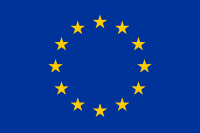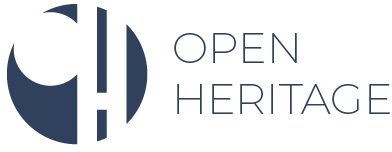Replicability Process 🔄
For the Replicability Process of the OpenHeritage platform, partners have been working on a model to uphold the legacy of the labs digital participatory platforms. In this process, we will be leveraging the concepts of replicability, legacy and transferability. Recognizing that replicability as reproducibility is more relevant for scalabity than for development in citizen engagement initiatives (Guimarães Pereira and Völker, 2020), we prioritize compiling the platform's legacy as what is left behind, what is sustained and sustainable (Rotberg, 2005). As such, we will focus on a two-dimension analysis of the OH platform's legacy: its planned/unplanned and tangible/intangible (Preuss, 2007) developments and outcomes along the OpenHeritage project.
Moreover, the OH platform's legacy is inevitably contextually embedded in local and regional contexts, and therefore needs to be transferable to be sustainable and thus a legacy. In this sense, the axis of Mechanisms in the Transferability Matrix Model is useful to analyze those conditions that change and affect the digital governance of AHR. From the Mechanisms in the Transferability Matrix Model, relevant to the legacy and transferability of the OH platform are the mechanisms of Stakeholder integration and Governance.
Thus, in the Replicability Process of the OH Platform, on the one hand we will both test, gather feedback and promote capacity-building on the legacy of the platform both with CHLs, to map out the planned/unplanned and tangible/intangible developments and outcomes. On the other hand, we will also conduct demo and co-creation sessions with Future Heritage Labs (FHL), that is, collectives developing and/or managing heritage assets that may adopt the OH platform. The sessions with FHLs will allow us to evaluate the sustainability of the platform. Finally, we will also prepare a demo offer for local institutions, addressing the sufficient and necessary conditions outlined in stakeholder integration and governance transferability mechanisms, to promote an institutional support package that includes:
- A Customized Decidim distribution
- A Local Heritage Labs Platform to facilitate networking and mutual support
- Social contract for the Platform and the Community: co-design of governance with stakeholders.
- A series of trainings and a space for support to run the platform.
The value of such an offer is to facilitate the use of the platform as means for autonomous self-management and gathering of data that publicizes the work and value generated by these local labs, which can be useful to obtain future financial support.
Filter by:
Loading results...




